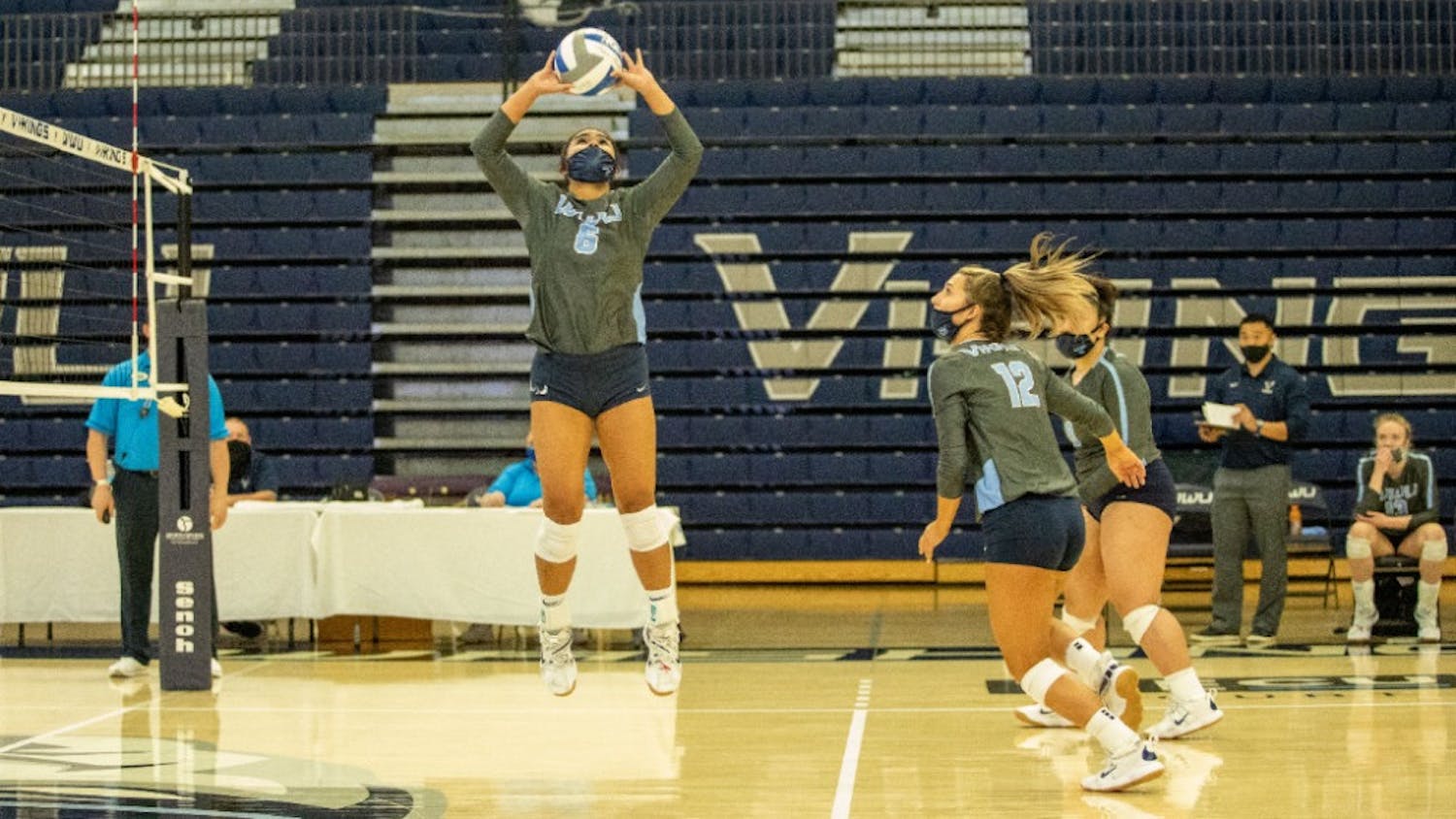This article was amended on April 1, 2020, to reflect a change of language. Washington’s Employment Security Department (along with several of our Facebook followers) makes a distinction between employees who have been laid off (and who will not be replaced) and employees who have been fired (and will be replaced). This article will be updated as more information comes in.
In a virtual meeting on April 1, Residence Life laid off roughly 80 resident advisers and apartment advisers, according to several RAs who attended the meeting.
During the meeting, the student employees were told that a number of on-campus students have chosen to move out of university housing for spring quarter, leaving Western unable to pay all of their RAs and AAs.
One RA who attended the meeting said a majority of her residents have already moved out of the dorms. “So we kinda assumed they would be laying off some RAs or asking for volunteers to resign or something. But I didn’t know they were going to lay off all of them,” she said.
Western is planning to hire a small staff of roughly 10 RAs to work with the students who choose to remain on campus.
University Residences anticipates only 400 of the usual 4,000 residents will choose to live on campus in spring 2020, a 90% reduction, said University Communications Director Paul Cocke.
Along with pay, RAs and AAs will also lose their housing and meal plans.
An RA who attended the meeting said they were not given very many details about when they need to move out. A Q&A memo distributed to staff after the meeting asked that live-in staff physically move out by April 20. University Residences said they are flexible with move-out dates and will work with staff on individual needs and exceptions.The official last day of work and pay for all RAs and AAs was April 5.
“This decision was not easy. We greatly regret the unprecedented set of circumstances following [sic] widespread outbreak of COVID-19 that led to the staffing decisions,” Cocke said in an email.
The Q&A memo provided a list of resources for the recently laid-off staff. The resources included resume and cover letter workshops at career services, the job board on the student employment site, the Counseling Center, and the Viking Funder Student Emergency Fund.
RAs concerned about housing, financial or food insecurity were directed to talk with supervisors about their concerns. Once they identify the students who need help, Cocke said University Residences can direct those students to further campus resources, like the budget office, where students may qualify for financial assistance.
The staff will not be receiving a severance package. They are also ineligible for unemployment benefits, though the situation may change as Washington state regulations are updated in response to COVID-19.
“Getting fired during a pandemic definitely sucks, but I don’t really blame the professional staff because they are working within the strict constraints of being a state school and working with state directors and resources,” an RA, who asked to remain anonymous, said.
A campus advisory sent four hours after the meeting did not mention the layoffs, but did provide an updated guide to spring quarter 2020, and acknowledged that further disruption to daily life is likely.
Though a majority of students intend to move off campus, Cocke said Campus Housing will remain open to serve the students who rely on it.
“In a new normal post-COVID-19 environment, spring quarter operations will feel very different than any of us are accustomed to. However, we will remain open as an essential function of Western Washington University,” Cocke said in an email.
On April 2, Western’s Housing department sent an email to students who plan to stay on campus, informing them that they will be relocated to south campus, where they will live without roommates. Residents will not be charged extra for living without a roommate.
“In our planning efforts, Housing leadership identified moving residents to south campus as the best option to build community while also increasing targeted cleaning and sanitation practices,” the email said.
The dining hall will be limiting its hours of operation, and offering to-go options for residents. The email did not provide detail on what date residents will be expected to vacate.
Residence Life has not yet released a plan for how operations will run in the summer quarter. The Western Front will update this story as it develops.
Follow The Western Front on Facebook and Twitter for ongoing updates.
If you're interested in contributing to the Front's reporting during this crisis, you are invited to participate in our open newsroom project, where experienced reporters and editors will work alongside the community to gather and verify information that leads Whatcom County toward shared solutions. To participate, please fill out this form.

Nate Sanford is the editor-in-chief of The Western Front and a fourth-year news/editorial journalism major. His reporting focuses on the environment, local politics, urban policy and anything else that matters. His writing has appeared in Crosscut, the Inlander, Whatcom Watch and at least one desk in Haggard Hall. You can find him on Twitter @sanford_nate and at natesanford.westernfront@gmail.com.





